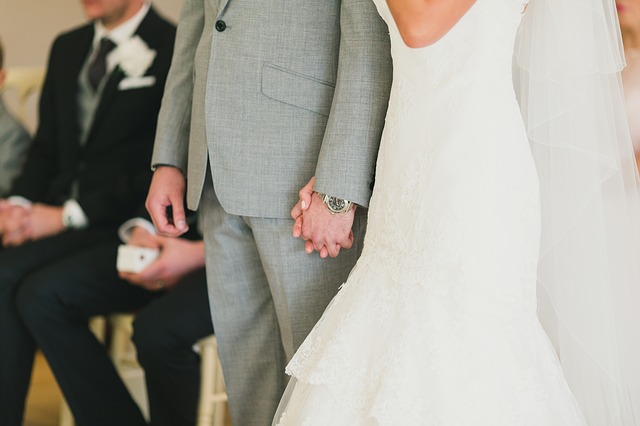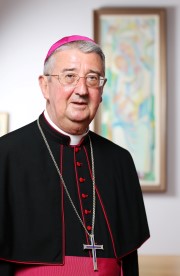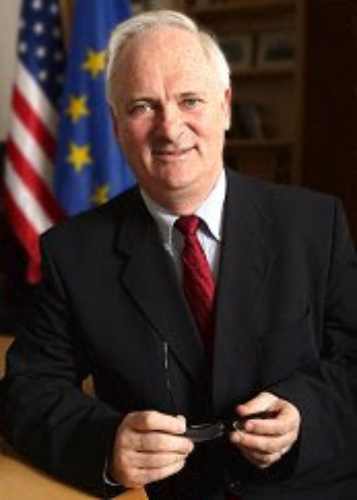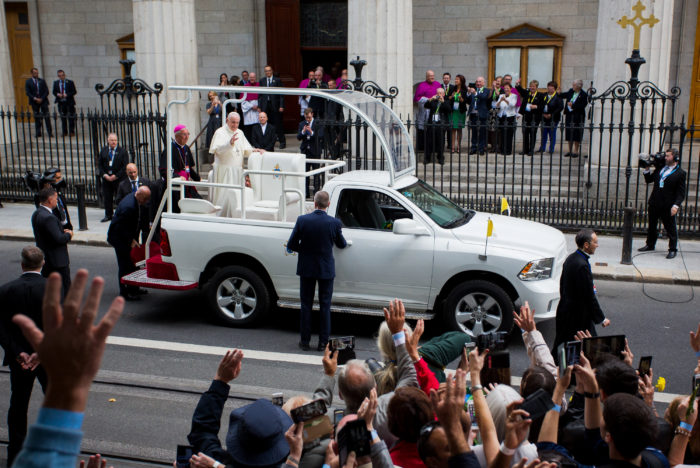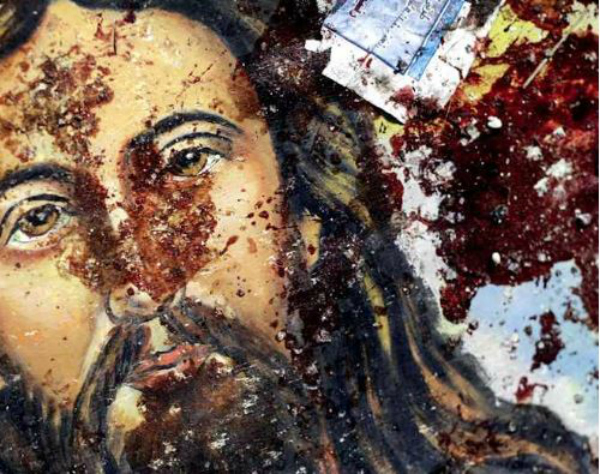The UK is considering a radical overhaul of its divorce laws to remove fault-based divorce altogether and to vastly reduce the waiting time for no-fault divorce.
Under the current law in England and Wales, unless people can prove their marriage has broken down due to adultery, unreasonable behaviour or desertion, the only way to obtain a divorce without a spouse’s consent is to live apart for five years.
The government’s proposals could see the concept of fault, or blame, removed from the process and spouses would lose the right to contest a divorce, as part of the reform.
The Ministry of Justice will launch a consultation on how long one party needs to wait before becoming entitled to a divorce, suggesting a minimum of six months.
There will be some who fear such a system will undermine marriage, but many believe it could remove a layer of stress and anxiety from one of life’s most traumatic experiences.
Ironically, while the stated goal of the reform is to cut down on antagonism in the divorce proceedings, it could also increase the sense of injustice experienced by a spouse divorced against his or her will in a relatively short period of time.

